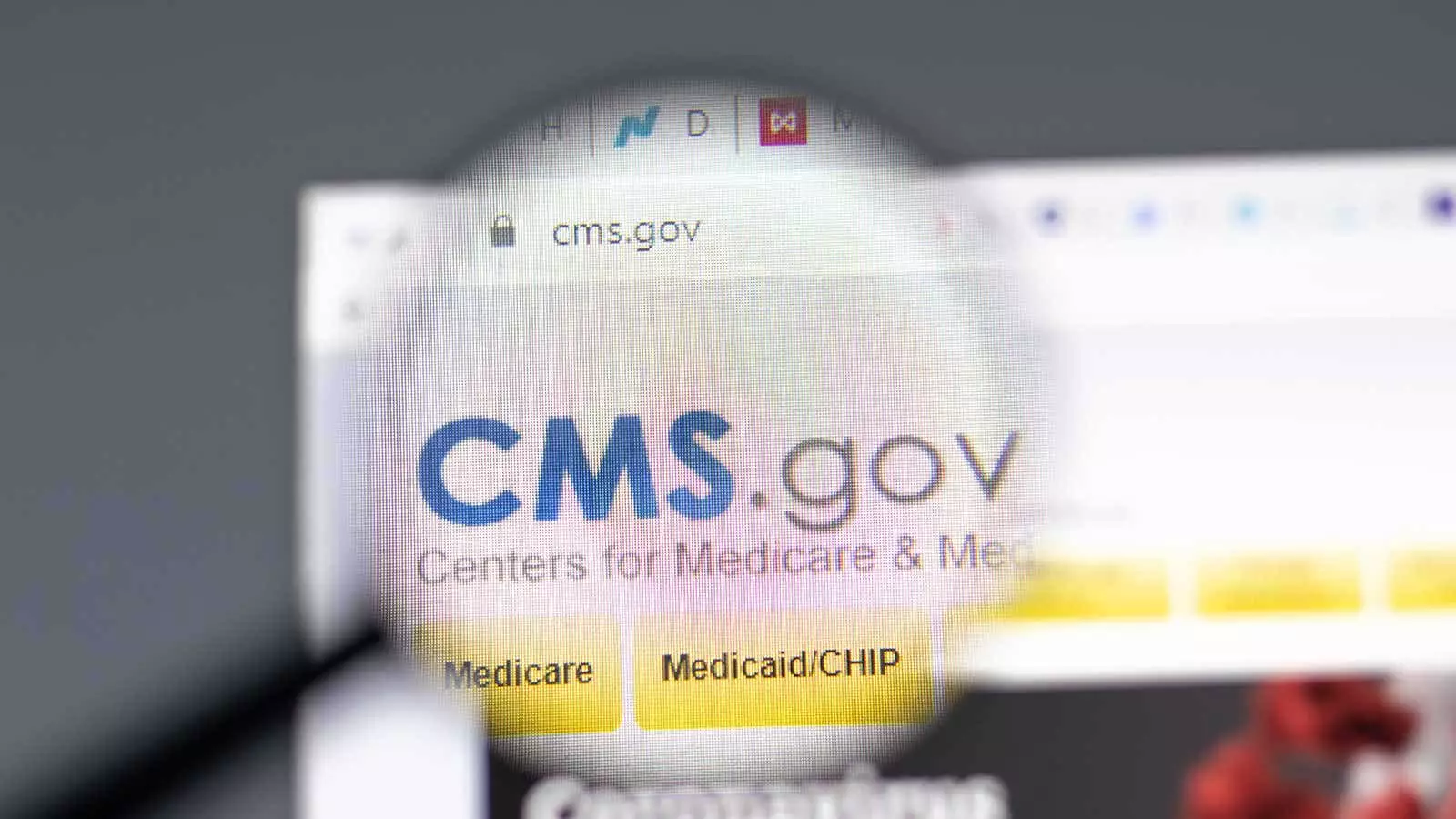In a significant move aimed at reforming how Medicare Advantage (MA) plans operate, the Centers for Medicare & Medicaid Services (CMS) recently proposed a rule to make prior authorization rules and coverage criteria publicly accessible. This initiative, part of a broader effort from the Biden-Harris administration over the past three years, seeks to ensure that patients have greater access to necessary medical care by addressing the problematic use of prior authorizations. According to Dr. Meena Seshamani, the director of the Center for Medicare, this proposed rule represents an essential step in safeguarding patients’ rights and access to care.
Prior authorization has long been a contentious issue within the realm of healthcare, particularly concerning Medicare Advantage plans. Issues arise when patients’ necessary medical services are delayed or denied due to opaque authorization processes. Dr. Seshamani highlighted alarming statistics: while MA plans reportedly overturn 80% of their denial decisions during appeals, only a mere 4% of denied claims are actually appealed. This discrepancy suggests that countless patients may be unknowingly missing out on essential care due to lack of awareness about their rights to appeal.
The proposed rule emphasizes the necessity for MA plans to clarify their coverage criteria. By ensuring that these criteria are accessible and understandable to enrollees, the administration hopes to empower patients. Increased transparency could diminish the barriers that prevent patients from receiving timely care, effectively promoting a more responsive and patient-centered healthcare approach.
Another critical aspect of the proposed rule is the enhancement of provider directory accessibility within Medicare Advantage. Navigating the complexities of selecting a suitable plan can be daunting for seniors, who rely heavily on resources like the Medicare Plan Finder to make informed decisions. Dr. Seshamani explained that the proposed rule would require MA organizations to submit their entire provider directories to CMS. This data integration into the Medicare Plan Finder would enable beneficiaries to easily access information about available providers and evaluate coverage plans based on informed choices.
This move is crucial in combatting the persistent issue of “ghost networks,” which refer to provider lists that include doctors who are either unavailable or no longer accepting patients. By addressing these network inaccuracies, beneficiaries can feel more confident in their ability to access care when they need it.
Legislative Support and Future Implications
The proposed rule has garnered bipartisan support, with figures such as Sen. Ron Wyden weighing in on its potential advantages. By standing against the overutilization of prior authorizations and eliminating ghost networks, the administration aims to fortify the Medicare guarantee for American citizens. These steps will not only minimize bureaucratic obstacles but also help prevent unscrupulous practices from brokers who may mislead seniors into unsuitable plans.
As the deadline for public comments on the proposed rule approaches, stakeholders from various sectors, including healthcare providers, advocacy groups, and patients, have the opportunity to weigh in. The response from the incoming Trump administration remains to be seen; its decisions will prove pivotal in determining whether these proposals will materialize into actual policy changes.
The proposed rule by CMS reflects a profound commitment to improving the Medicare Advantage landscape for patients. By enhancing transparency regarding prior authorization and provider availability, the administration is taking significant strides toward enhancing patient care. If enacted, these changes could profoundly affect seniors’ experiences with their healthcare plans, making them more navigable, equitable, and responsive to patient needs.
As we move forward, the importance of stakeholder engagement cannot be overstated. The active participation of enrollees and caregivers in providing feedback will only serve to strengthen the reforms, ultimately ensuring that the changes reflect the needs of those most affected — the patients themselves. This proposed rule not only marks a technical adjustment to healthcare policy but signals a broader shift toward recognizing the necessity of informed patient choice and access to care.


Leave a Reply